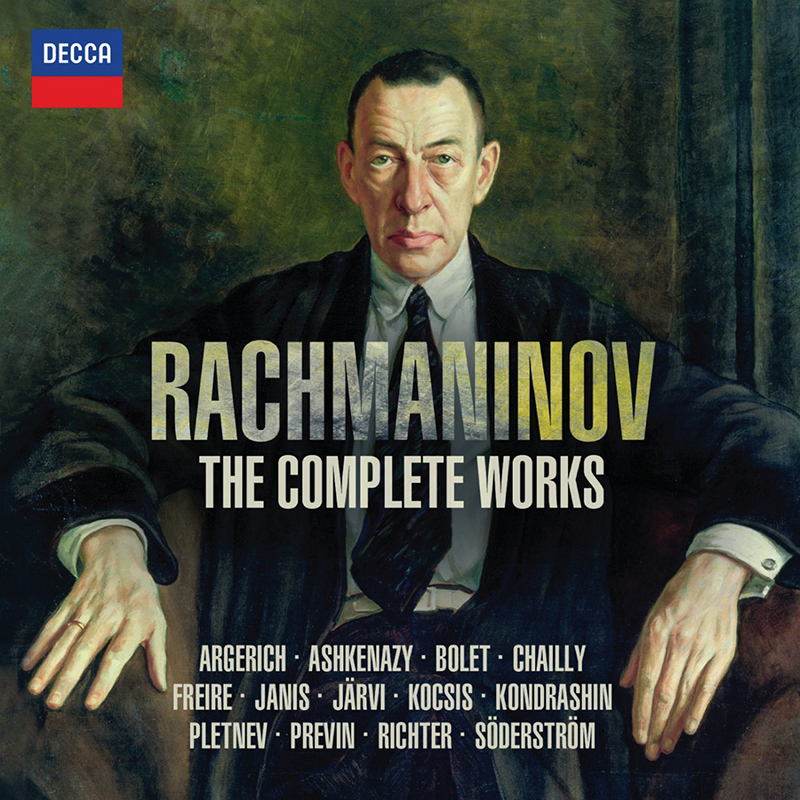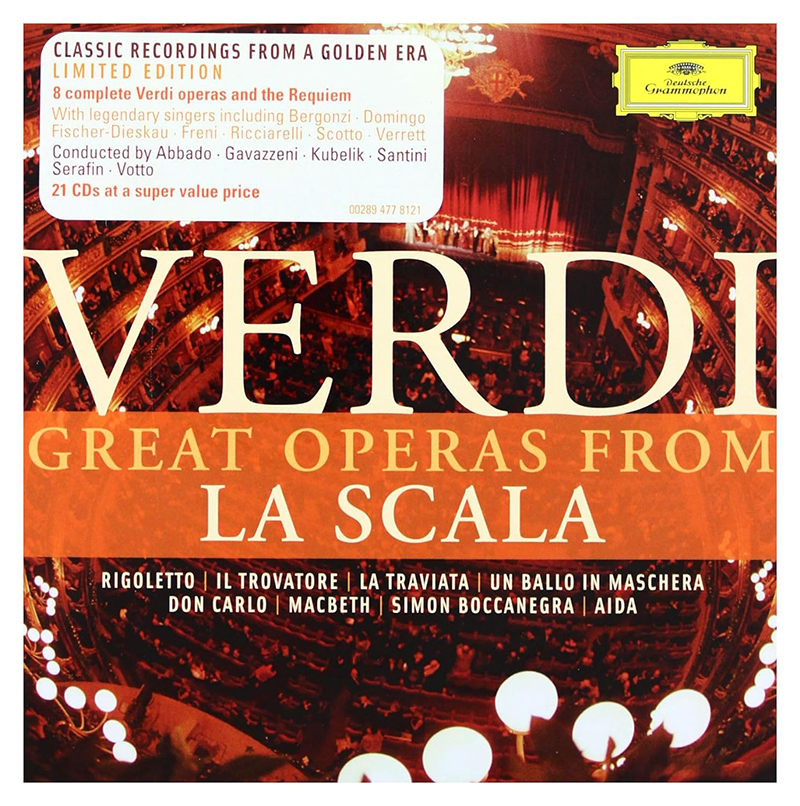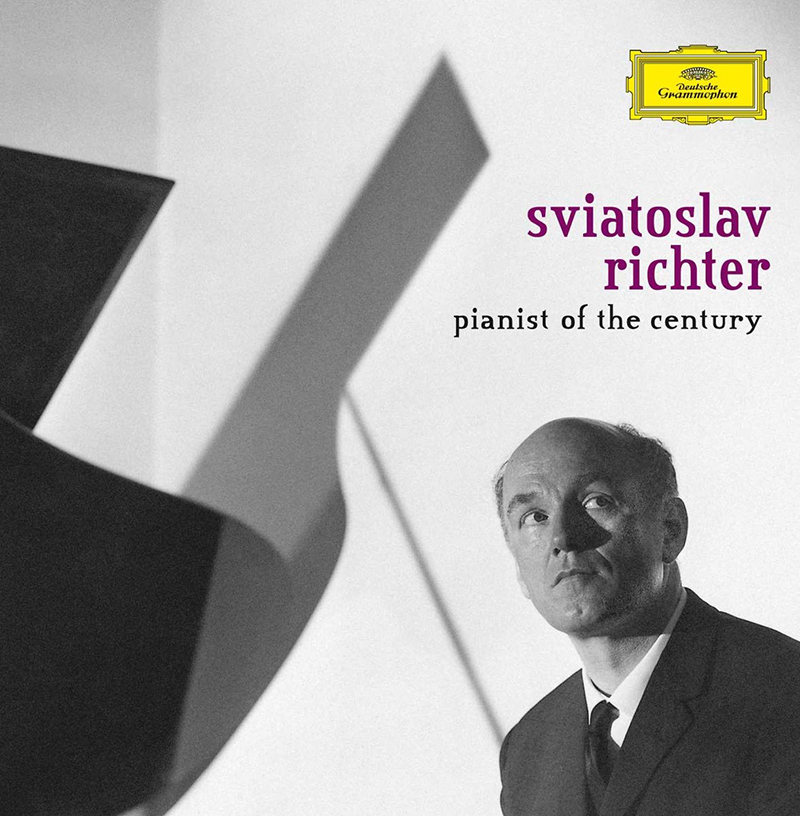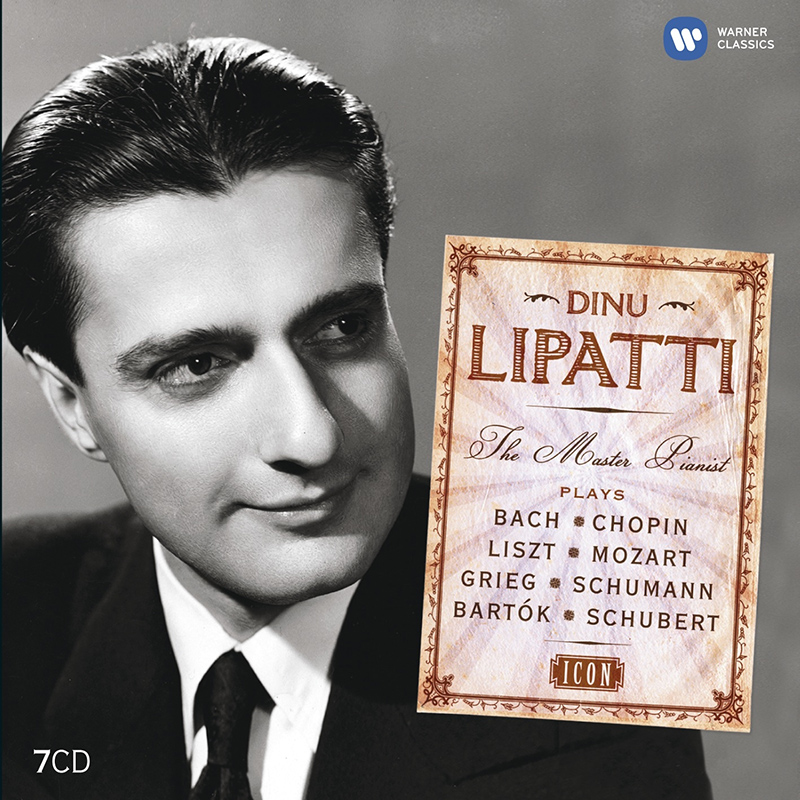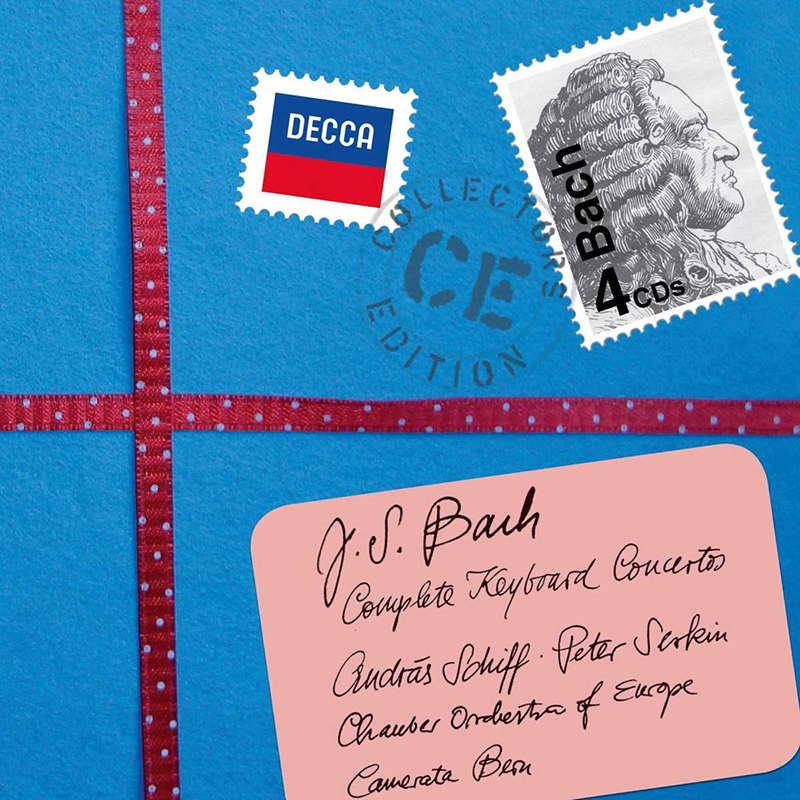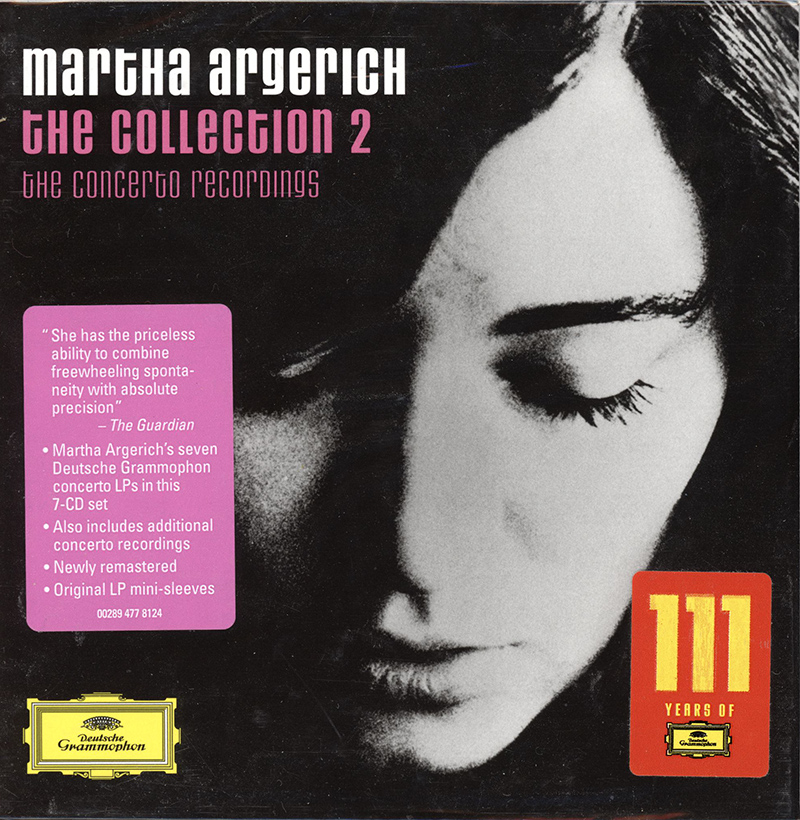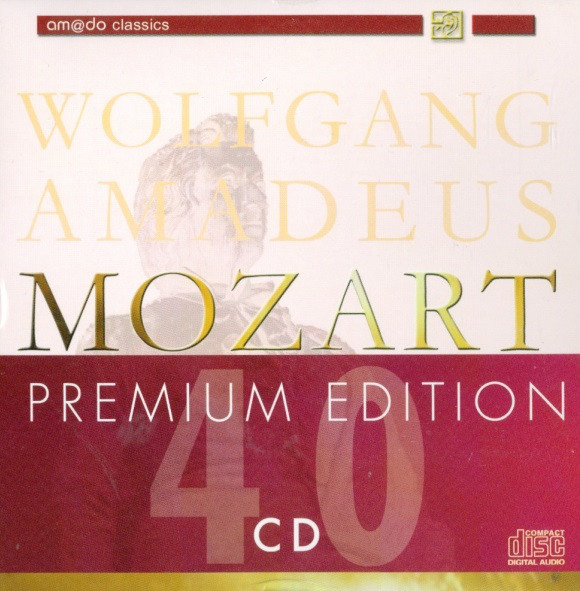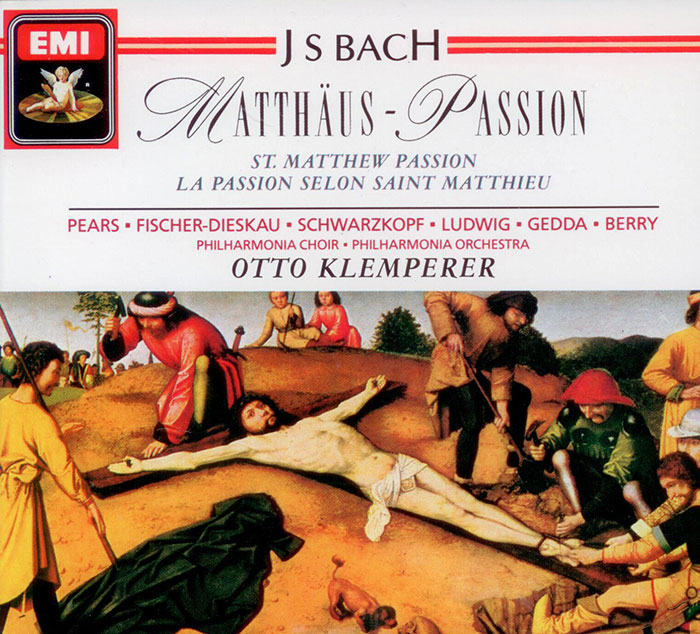Logowanie
KOLEKCJE!
BACH, CHOPIN, LISZT, MOZART, GRIEG, Dinu Lipatti, Otto Ackermann, Ernest Ansermet
The Master Pianist
PROKOFIEV, CHOPIN, TCHAIKOVSKY, SCHUMANN, BEETHOVEN, Martha Argerich, Claudio Abbado, Giuseppe Sinopoli
The Concerto Recordings
The Collection 2
Jakość LABORATORYJNA!
ORFF, Gundula Janowitz, Gerhard Stolze, Dietrich-Fischer Dieskau, Deutsche Oper Berlin, Eugen Jochum
Carmina Burana
ESOTERIC - NUMER JEDEN W ŚWIECIE AUDIOFILII I MELOMANÓW - SACD HYBR
Winylowy niezbędnik
ClearAudio
Essence MC
kumulacja zoptymalizowana: najlepsze z najważniejszych i najważniejsze z najlepszych cech przetworników Clearaudio
Direct-To-Disc
PIAZZOLLA, ChamberJam Europe
Tangos del Ángel y del Diablo
Direct-to-Disc ( D2D ) - Numbered Limited Edition
BACH, Peter Pears, Dietrich-Fischer Dieskau, Elisabeth Schwarzkopf, Otto Klemperer, Philharmonia Orchestra
Matthaus-Passion - St. Matthew Passion / La Passion Selon Saint Matthieu
Wybitne!
5 STARS 5.0 out of 5 stars My personal favorite... By Guy Cutting on June 10, 2000 As my other reviews indicate, Bach's St. Matthew Passion is an accomplishment which cannot be overstated, and is an essential component of any CD collection. But having said that, this recording of the work conducted by Otto von Klemperer is not a good choice for first exposure to the St. Matthew Passion. Why? Well, the approach taken is definitely not one of drama. The emphasis here is on contemplation, and even worship in a way. The main reflections of this spirit are: 1. slow tempi and 2. subtlety of emotional inflection. This recording tips the scales at close to 4 hours - more than an hour longer than most recordings. The opening chorus is twich as long as on most other recordings, as are the chorales. The advantage of this approach, in my mind, is that it gives the music time to unfold, gives the listener a chance to keep pace. The disadvantage is that even to the experienced listener the music can seem to lack a sense of movement (which it doesn't, I assure you - it just firmly maintains its own unique sense of movement, one which has evidently gone out of style). As to the subtletly of inflection, I think that appraoch is essential to this music, which should be an introspective and devotional experience. Another interpretational decision is the use of modern instruments - I much prefer the richness of sound. I personally happen to think that the reasoning behind the "authentic" movement is fallacious... but that's only my opinion. Your choice of which recording to buy will undoubtedly depend on your opinion as it relates to the instrumental approach, so remember that this one does not use period instruments. The choir is large, which adds a sense of power to the music. The soloists are all of high quality. Highly recommended... V-V-V-V-V-V Back that truck up over there. It's slow going, but the cast is notable. According to Fischer-Dieskau, Klemperer was failing at the time. But the recording is at least an historical document with some very good singing. Try the aria "Erbarme dich." Tldemas@aol.com said: Yes it is slower. Yes it is not current with our understanding of correct performance practice of the time. But the backhanded commentary in the blurb on your recordings page does not fairly reflect the fact that this is a remarkable performance for all of the fact that it is slow and it is "old-fashioned." I have lived with this performance for thirty years and while I love the Gardiner and the old Woldike on Vanguard as well as others, it is the one that "tells the truth" constantly and wonderfully well. My comments are apropos of nothing except that I think that the performance deserves a bit more respect. Kurt W. Reiss said: Bach in a very personal, reverent way- with much grandeur, which some of the faster "sewing machine" "authentic?" versions totally lack. Bruno Martin said: Klemperer's way with Bach is unique - bringing supreme understanding to "one of the peaks of Western civilisation" (Britten) and "the noblest sacred work in existence" (Elgar). He would no doubt have agreed with Arrau - that speed can be the enemy of passion. The opening phrases prepare us for the drama about to unfold in a way alien to most "authentic" practices, one can sense Christ's anguish at the Last Supper as He offers His body and blood, and there is true sadness as farewell is bid to the departed Lord. A source of inexhaustible inspiration - one of the finest recordings ever made. Ron Thomsen said: Not authentic, by any stretch of the imagination, but certainly heartfelt. One example is the "O Schmerz" arioso and chorus where Klemperer makes Jesus feel terrible fear and agony. Another such example is the chorale "Wenn ich einmal soll scheiden" after Jesus has died (maybe Klemperer was thinking about his recent brush with death a couple years earlier. Also (something most "authentic perfomers neglect), Bach was a power composer, and Klemperer brings out that aspect quite well. Many choruses in the St. Matthew bring this out. The best example of a power chorus (which is tailor-made for Klemperer) is the chorus "Sind blitze, sind Donner", somewhat reminiscent of a football defensive lineman with a straight shot on a quarterback. Joseph A. Newsome said: This set preserves the definitive non-German Evangelist of the modern era, Sir Peter Pears. Although dramatically not comparable to Pears' later recording of the John Passion (in English) with Benjamin Britten, the voice itself is the ideal instrument for Bach's anguished narrator of the Passion. The presence of Pears alone makes this recording worthwhile (indeed, that is the very reason for my purchase of it), but the other soloists submit strong, deeply-felt performances of Bach's profound score. Ludwig, in particular, brings her accustomed operatic depth to her performance of her lines. Klemperer lacks the dramatic clarity of Britten and Gustav Leonhardt, but the emotion with which he approached the contrasting sorrow and rejoicing at the Crucifixion is admirable. In shprt, a brilliant, human reading of Bach's choral masterpiece. Alexander Lorenz said: I like this recording, because Klemperer was the best Bach interpreter of his generation. His approach may not be valid any more - from a historical-scientific point of view. In my opinion it is powerful, without being harsh or rude, dramatic without being theatralic, logic without being frigid, after all it is slow (thanks god) without being boring. I think, many of the "historically correct" interpretations are so fast, because they would bore you out of your mind, if they would be conducted just a little bit slower. However, Klemperer said in interviews only some years before his death, that he never experienced that he would conduct slower, when getting older. Comparing time tables of his recordings, this is objectively not the truth, nevertheless his interpretation are always strikinkly reasoned and moving at the same time. It is absolutely unsurpassable, even for people, who do not like Dietrich Fischer-Dieskau, like me. Peter Pears and the 4 soloist completely reimburse for Dieskau's shortcomings. Sir Peter Pears (tenor, Evangelist), Dietrich Fischer-Dieskau (baritone), Elisabeth Schwarzkopf (soprano), Christa Ludwig (contralto), Nicolai Gedda (tenor), Walter Berry (bass-baritone, Jesus), John Carol Case (baritone), Otakar Kraus (baritone), Helen Harper soprano), Helen Watts (contralto), Sir Geraint Evans (bass), Wilfred Brown (tenor)
